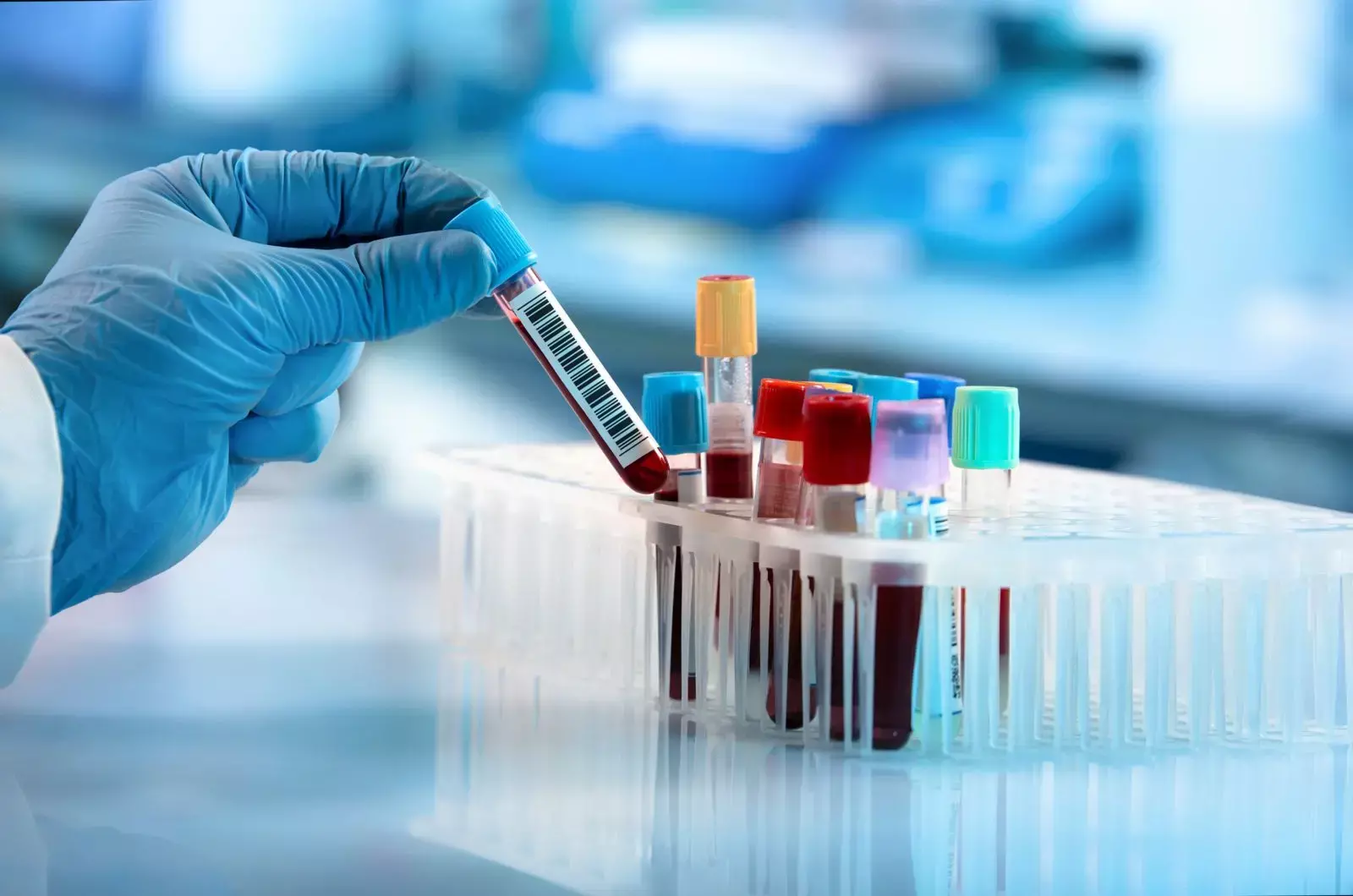- Home
- Medical news & Guidelines
- Anesthesiology
- Cardiology and CTVS
- Critical Care
- Dentistry
- Dermatology
- Diabetes and Endocrinology
- ENT
- Gastroenterology
- Medicine
- Nephrology
- Neurology
- Obstretics-Gynaecology
- Oncology
- Ophthalmology
- Orthopaedics
- Pediatrics-Neonatology
- Psychiatry
- Pulmonology
- Radiology
- Surgery
- Urology
- Laboratory Medicine
- Diet
- Nursing
- Paramedical
- Physiotherapy
- Health news
- Fact Check
- Bone Health Fact Check
- Brain Health Fact Check
- Cancer Related Fact Check
- Child Care Fact Check
- Dental and oral health fact check
- Diabetes and metabolic health fact check
- Diet and Nutrition Fact Check
- Eye and ENT Care Fact Check
- Fitness fact check
- Gut health fact check
- Heart health fact check
- Kidney health fact check
- Medical education fact check
- Men's health fact check
- Respiratory fact check
- Skin and hair care fact check
- Vaccine and Immunization fact check
- Women's health fact check
- AYUSH
- State News
- Andaman and Nicobar Islands
- Andhra Pradesh
- Arunachal Pradesh
- Assam
- Bihar
- Chandigarh
- Chattisgarh
- Dadra and Nagar Haveli
- Daman and Diu
- Delhi
- Goa
- Gujarat
- Haryana
- Himachal Pradesh
- Jammu & Kashmir
- Jharkhand
- Karnataka
- Kerala
- Ladakh
- Lakshadweep
- Madhya Pradesh
- Maharashtra
- Manipur
- Meghalaya
- Mizoram
- Nagaland
- Odisha
- Puducherry
- Punjab
- Rajasthan
- Sikkim
- Tamil Nadu
- Telangana
- Tripura
- Uttar Pradesh
- Uttrakhand
- West Bengal
- Medical Education
- Industry
Hypomethylating agents Could Activate "Sleeping" Cancer-Causing Gene: NEJM
 Rajib Gandhi Government General Hospital Reduces Wait Times With Web Portals, Pneumatic Tubes, and Point of Care Testing
Rajib Gandhi Government General Hospital Reduces Wait Times With Web Portals, Pneumatic Tubes, and Point of Care TestingChina: Hypomethylating agents (HMA) are currently used as a first-line treatment for patients with myelodysplastic syndrome (MDS) -and increasingly in other diseases, but their mechanism of action remains unclear. One potential risk is that they could potentially activate a sleeping oncogene, although this has not been clearly demonstrated to date.
In a recent study, scientists from the Cancer Science Institute of Singapore (CSI Singapore) at the National University of Singapore (NUS), working in close collaboration with the Brigham and Women's Hospital (BWH), and the Harvard Medical School (HMS) in Boston have established that Hypomethylating agents can and do activate the oncofetal protein, SALL4.
The study has been published in The New England Journal of Medicine.
Although hypomethylating drugs are now utilized to treat cancer patients, it is unclear if they can also reactivate and up-regulate oncogenes. The researchers investigated the effect of hypomethylating drugs on SALL4, a well-known oncogene involved in myelodysplastic syndrome and other malignancies.
Paired bone marrow samples from two cohorts of myelodysplastic syndrome patients before and after therapy with a hypomethylating drug were used to investigate the associations between changes in SALL4 expression, treatment responsiveness, and clinical prognosis. To investigate the link between SALL4 methylation and expression, leukemic cell lines with low or undetectable SALL4 expression were employed. CRISPR–DNMT1-interacting RNA (CRISPR-DiR), a locus-specific demethylation technique, was utilized to locate the CpG island required for SALL4 expression.
The key findings of this study were as follows:
1. SALL4 upregulation following hypomethylating drug therapy was detected in 10 of 25 patients (40%) in cohort 1 and 13 of 43 patients (30%) in cohort 2, and was linked with a poorer prognosis.
2. Researchers observed that demethylation of a CpG island inside the 5′ untranslated region was required for SALL4 expression using CRISPR-DiR.
3. They demonstrated that treatment with a hypomethylating drug resulted in demethylation of the same CpG site and up-regulation of SALL4 expression in cell lines and patients.
In conclusion, treatment with a hypomethylating drug resulted in demethylation of the same CpG site and elevation of SALL4 expression in cell lines and patients. They are now investigating the possibility of adding a concurrent targeted medication that directly or indirectly mitigates SALL4 expression, function, or both to the treatment plan if SALL4 expression is elevated.
Reference:
Liu, Y.-C., Kwon, J., Fabiani, E., Xiao, Z., Liu, Y. V., Follo, M. Y., Liu, J., Huang, H., Gao, C., Liu, J., Falconi, G., Valentini, L., Gurnari, C., … Chai, L. (2022). Demethylation and up-regulation of an oncogene after hypomethylating therapy. New England Journal of Medicine, 386(21), 1998–2010. https://doi.org/10.1056/NEJMoa2119771
Medical Dialogues consists of a team of passionate medical/scientific writers, led by doctors and healthcare researchers. Our team efforts to bring you updated and timely news about the important happenings of the medical and healthcare sector. Our editorial team can be reached at editorial@medicaldialogues.in.
Dr Kamal Kant Kohli-MBBS, DTCD- a chest specialist with more than 30 years of practice and a flair for writing clinical articles, Dr Kamal Kant Kohli joined Medical Dialogues as a Chief Editor of Medical News. Besides writing articles, as an editor, he proofreads and verifies all the medical content published on Medical Dialogues including those coming from journals, studies,medical conferences,guidelines etc. Email: drkohli@medicaldialogues.in. Contact no. 011-43720751


